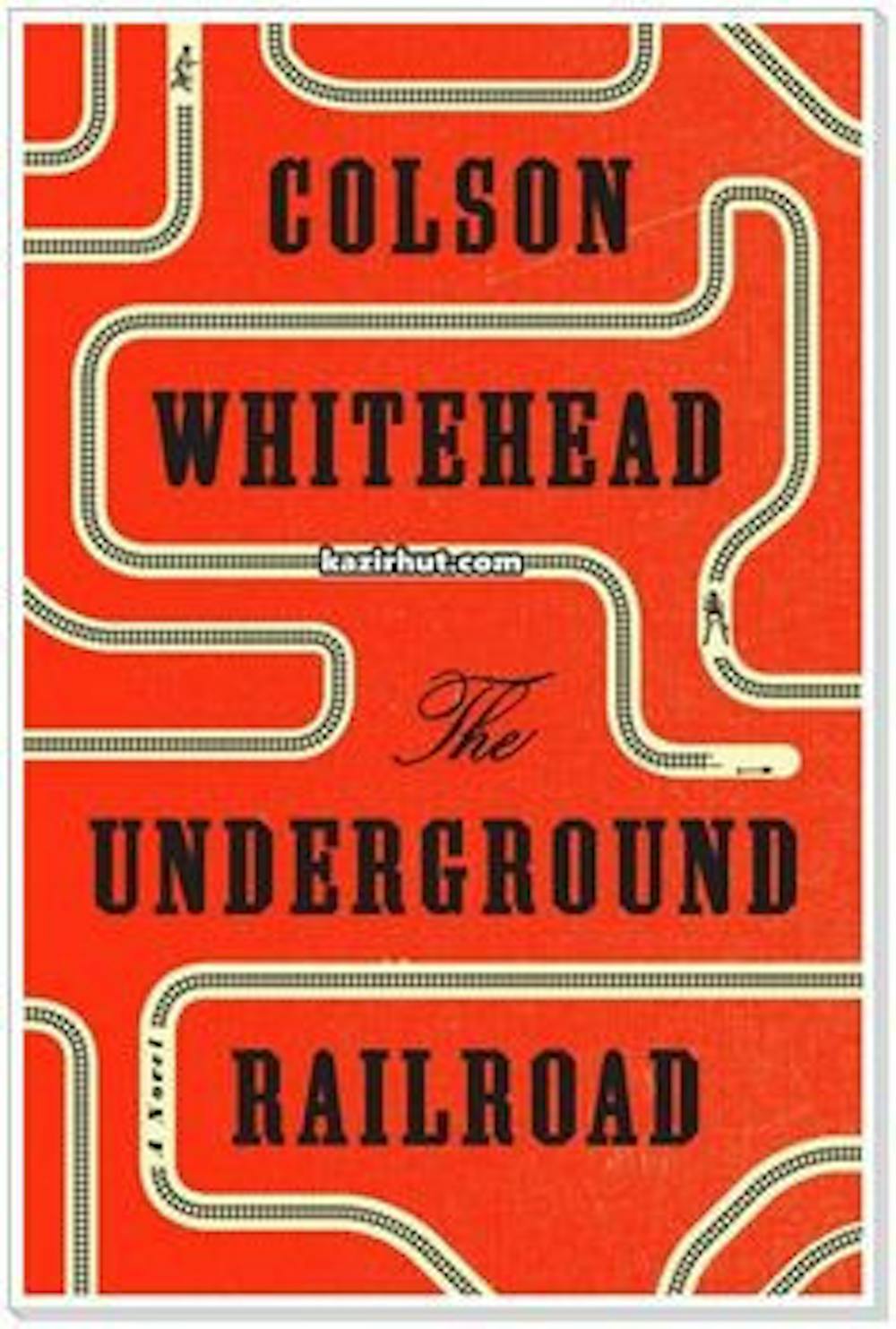In terms of plot, Colson Whitehead’s Pulitzer Prize-winning book, “The Underground Railroad,” is much of what you might expect: it’s a fictionalized story of two people escaping slavery in the pre-Civil War era South. The language is rich. The characters are full. The trajectory is treacherous. Check. Check. Check. Perhaps what is special about this work is the magnification the author carries out in highlighting plantation cultures and the interstate economics of recapturing escaped slaves and returning them to their legal “owners.”
Whitehead makes a concerted effort to “peel back the curtain” on early Georgian systems of agriculture that were dependent on the forced labor of enslaved Africans and their descendants. Viewed primarily as property, these people encountered few, if any, protections from the law, from their “masters” and/or from each other. The brutality they lived through was not limited to the fields and was not meted out solely by white hands. That is, enslaved people, too, were perpetrators of inhumane acts, too, within a society that normalized such behavior.
For me, the tale is Cora’s. Like anyone else, she desires self-determination, tenderness and the promise an open horizon offers. The lore surrounding Cora’s mother leads all within Cora’s community to believe that Cora’s mother, Mabel, successfully made it North to free territory. Her mother’s mysterious disappearance leads others to believe that Cora has inherited something rich, unique and worthy of reverence. Perhaps that thing is the belief that escape is possible. Cora and her companion, Caesar, then make their way North, and the novel is the tale of all they encounter en route: literacy, courting, abolitionists, bounty hunters, hope, fear, promise and more. Without wanting to give too much away, for me, the tragic flaw for Cora and Caesar is that they run until they feel safe; they do not run until they are actually free. Their complacency ushers in a new set of dangers and evils.
I listened to this work as an audiobook at go/overdrive/. And I recommend it to anyone who enjoys historical fiction. For me, however, I have to wonder how/why the United States has such a sick love affair with the re-telling of violence enacted on black bodies. Why are these narratives so popular, seductive and persistent here? Is this our national fetish? The book is certainly well-crafted, don’t get me wrong. But why is it that the works featuring black people and black narratives that draw the most attention are about blood, victims and suffering? Why is it that the more harrowing the tale is, the more praise and critical acclaim it receives?
Cases in point? 2016’s “Moonlight,” which featured homophobic violence and social ostracization; 2016’s “Fences,” which featured broken dreams and toxic masculinity; 2009’s “Precious,” which featured incest, rape and mental and verbal abuse; 2001’s “Monster’s Ball,” which featured explicit racism, misogynoir and the death of a child. “Django Unchained,” “12 Years A Slave,” et cetera.
Do “our” only chances for widespread critical acclaim within screenplays lie incestuously beside our despair? My thought is not an original one, no. And sure, there’s an exception to the rule, sure: 2018’s “Black Panther,” for example. But the questions remains: Can we exist if we are not overcoming, defying expectations and surviving abuse?
The book is “good,” yes. But what tropes must it perpetuate in order to be “good”? For more works that are thematically similar, check out the audiobook “The War Before the War: Fugitive Slaves and the Struggles for America’s Soul” at go/overdrive/, “The Autobiography of Frederick Douglass,” “Incidents in the Life of A Slave Girl,” “What the Slaves Ate” or “Django Unchained.”
Spencer is the college’s Literatures & Cultures Librarian. Learn more at go/katrina.
The Librarian Is In

Comments



